From July 9 to 10 2020 –Crises, Sécurité internationale et cybersécurité
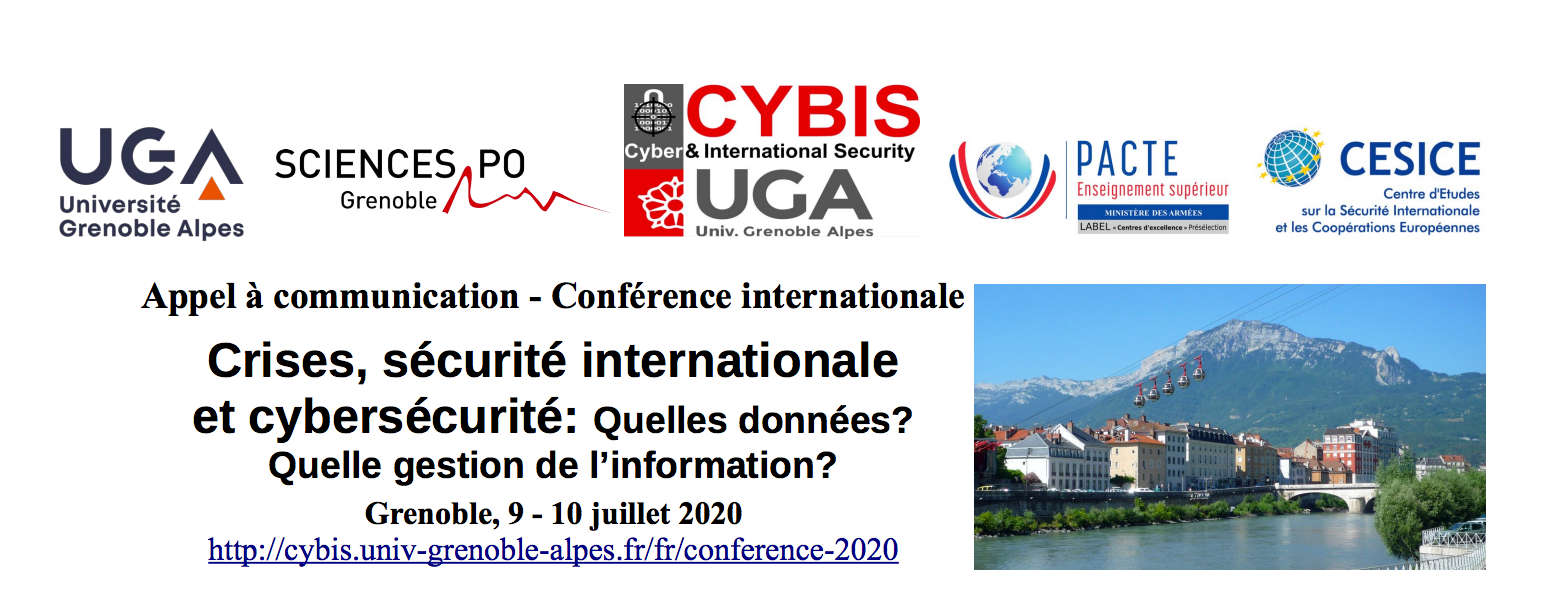
Quantum Approach of Decision Theory and Post-COVID-19 World from the Artificial Intelligence System Mileva, by Valérie Fert
Valérie Fert has participated, on 10 July, in the conference on “Crises, International Security and Cybersecurity” organized by Mayeul Kaufmann (CYBIS Project), the University Grenoble Alpes, Sciences Po’ Grenoble, the Center for International Security Studies and European Cooperation, the Grenoble School of Peace, the Research Institute for Non-violent Conflict Resolution. Urs Luterbacher, our colleague at GMAP, also participated in this conference which brought together African, German, Belgian, Canadian, French, Swiss and other national researchers…
For more information, PPT can be downloaded here.
From July 7 to 8 2020 – ELECTRIC MOBILITY CANADA

PRESENTATION OF ANALYSES FROM MILEVA AI BY SONIA EYAAN
From July 7 to 8 2020, a virtual conference was organized by Electric Mobility Canada on the theme “Work, Commute and Travel during … And Beyond Covid19”. How will things change … if they do change? How can electromobility be a part of the economic recovery ?
With the participation of:
- Hon. Seamus O’Regan, Minister Natural Resources Canada
- Hon. Marc Garneau Minister of Transport
- Hon. Ali Ehsassi Parliamentary Secretary to the Minister of Innovation, Science and Industry
A great opportunity for Sonia EYAAN, member of GMAP, to present an analysis from Mileva on “The post Covi-19 world, environmental major transformations and risks”.
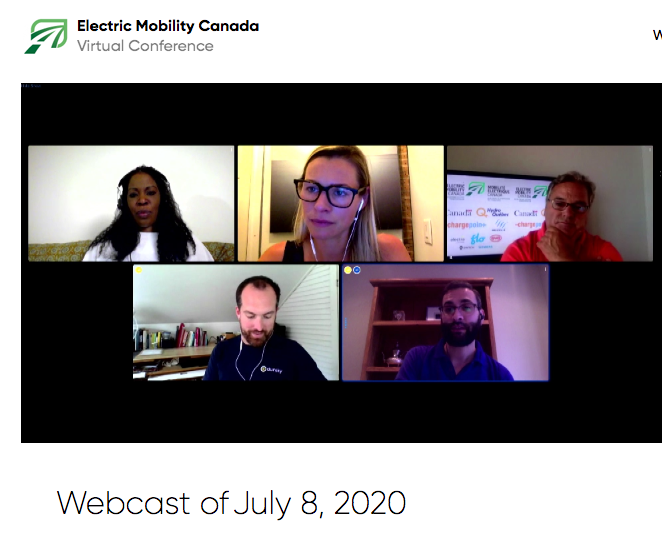
Electric Mobility Canada, with more than 200 members that range from utilities to vehicle OEMs, from electric infrastructure providers to fleet managers, from cities to universities, provided broad and diversified points of view on its impact on the way we work, commute and travel during AND after the COVID-19 crisis.
Please find here the analysis from Mileva.
March 27-28-29, 2019 – Catholic University of Angers (France)
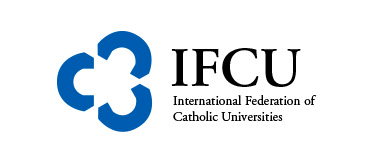
MASTER CLASS ON HUMAN RIGHTS AND ARMAMENT
Headed by Marc Finaud, career diplomat, expert in disarmament issues and negotiations, senior advisor of the Emerging Security Challenges Programme, leader of the Arms Proliferation Cluster at GCSP, and GMAP founding member.
Thierry Lorho, designer of the advanced AI Mileva, and GMAP founding member, will participate in the roundtable on “New Weapons: Military Robotics and Cybernetics”. He will more specifically report on Artificial Intelligence and strategic foresight.
October 4, 2018, 6pm – Geneva – Institut Futura21
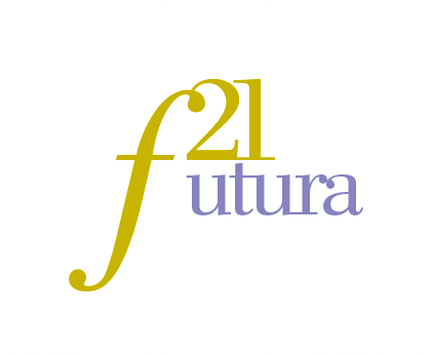
INTELLIGENCE ARTIFICIELLE, MANAGERS DE DEMAIN:
CE QUI VA CHANGER… OU PAS
Conference (in French) by Valerie Fert and Thierry Lorho. First, Valerie and Thierry will point out the basics needed to a correct understanding of really what Artificial Intelligence is. They will explain how an AI can support managers in decision-making. The presentation will be illustrated by practical examples.
Presentation
- How do we make our decisions: Tversky and Kahneman’s definition.
- From the current limitations to the AI of tomorrow capabilities.
- From managers to helped managers.
- From managers to augmented managers.
- AI and revolution in knowledge: from primary school to continuous training.
Practical examples
- Using the advanced AI Mileva in management.
- Anticipating and monitoring crises: 2008 financial crisis.
- Making decision in complex environment: a strategic reflection on Syria.
- Breaking the silo effect: foresight study and strategic plan in the field of aeronautics.
- Overcoming the infobesity: information theory and smart newsletters.
May 2-4, 2018 – Vaux-de-Cernay Abbey (France)
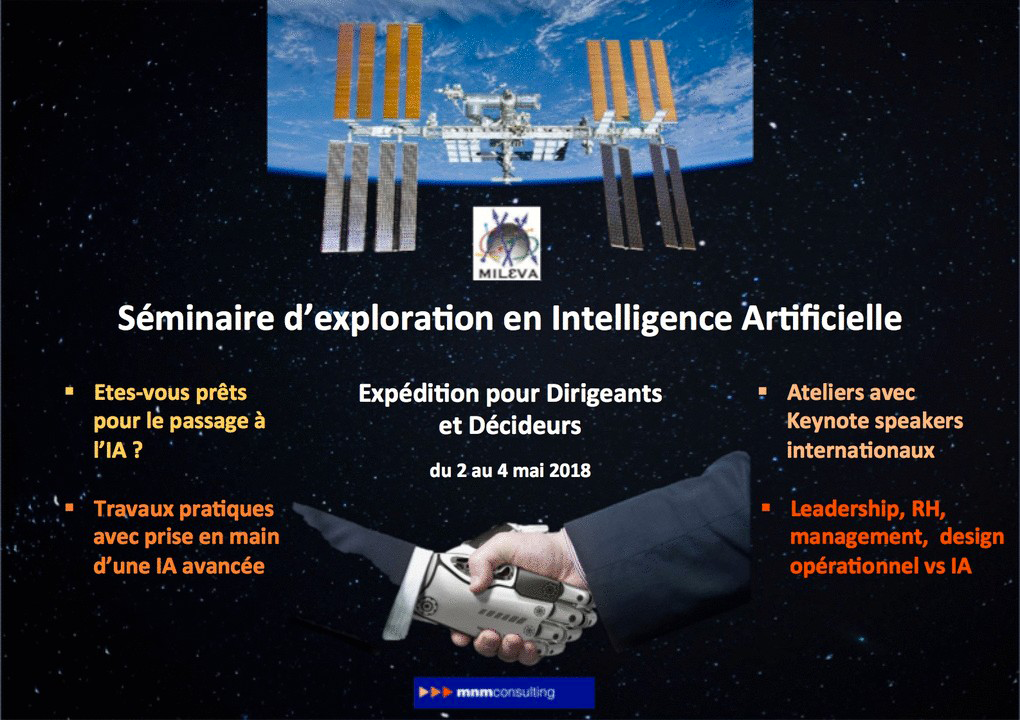
ARTIFICIAL INTELLIGENCE EXPLORATION SEMINAR
https://www.mnm-consulting.com/seminaire-ia-2018
MNM Consulting (https://www.mnm-consulting.com/en/), a consulting firm offering an innovative approach to management, organised an artificial intelligence exploration seminar, intended to executives, which several members of GMAP participated in, as lecturers. Furthermore, many examples used during the seminar were based on the AI system Mileva analyses and findings.
Participants: Valerie Fert, president of GMAP, « Impacts of AI on Society »; Prof. Dominique Foray, Dean of the Faculty of Management of Technology at Ecole Polytechnique Federale de Lausanne (EPFL), founding member, « Impacts of AI on Innovation and Productivity »; Thierry Lorho, designer of the AI system Mileva, founding member, « Artificial Intelligence or Artificial Intelligences? »; Prof. Urs Luterbacher, professor emeritus of the Graduate Institute of International and Development Studies (IHEID – Geneva), founding member, “Artificial Intelligence: Fears, Hopes, Perspectives and Questions”; Prof. Alain-Marc Rieu, guest professor at the University of Osaka, founding member, “AI Today, Epistemological Perspective”.
Beside Nicolas Monomakhoff, founding director of MNM Consulting, and members of its staff, Prof.Dominique Boullier of EPFL also gave a lecture on “Artificial Intelligence, Decision and Leadership”.
February 26-27, 2018 – CERN, Geneva
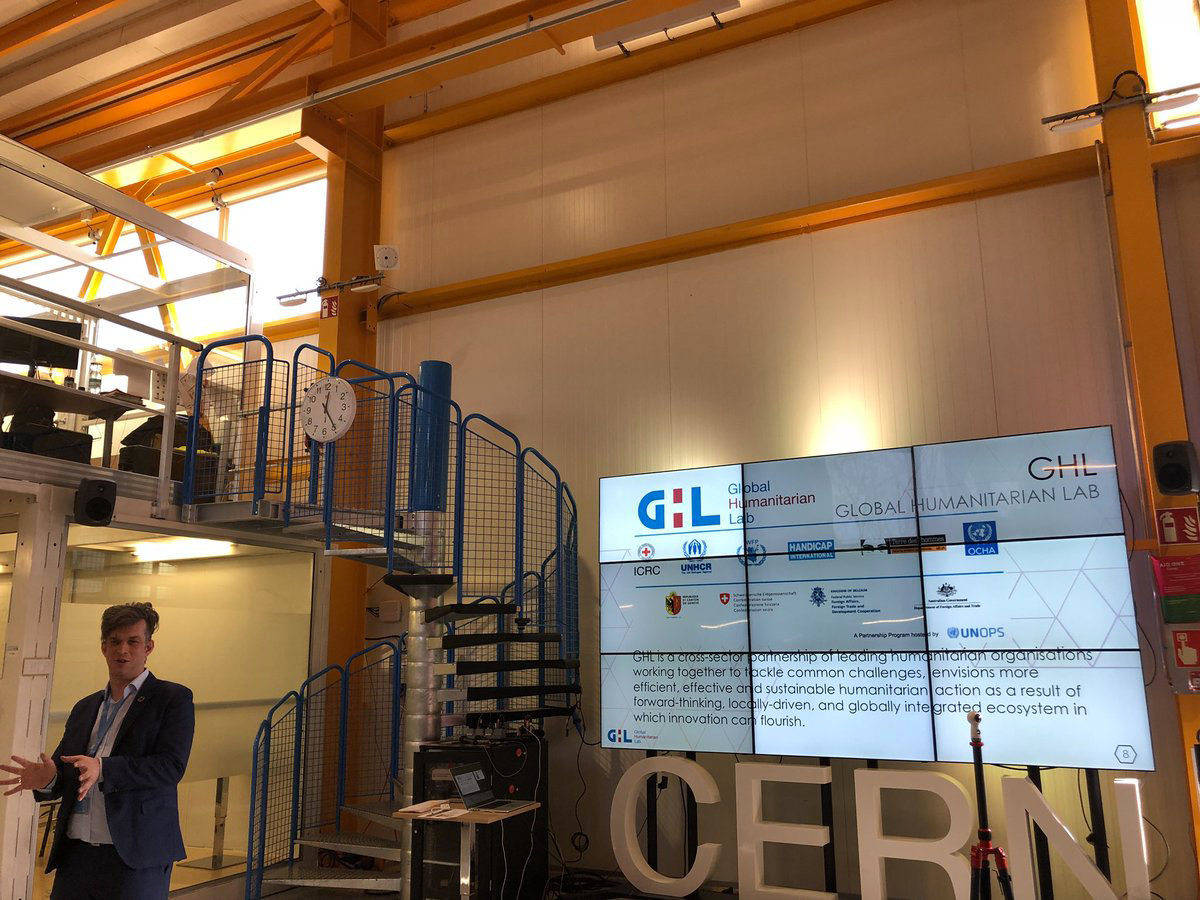
HUMANITATIAN FORESIGHT
FUTURES CO-CREATION WORKSHOP
https://indico.cern.ch/event/703039/
Valerie Fert and Thierry Lorho participate in this edition of the humanitarian foresight & futures co-creation workshops aimed to focus on six pre-identified work streams and to generate tangible next steps for these multi stakeholder initiatives. They more specifically work on the future of Education, notably in the context of the smart technologies impacts on knowledge, education and labour.
Members of following organisations are participating: CERN, Changemakers Lab, Development Initiatives, GAHI, GCSP, GHL, Mileva, GMAP, Graduate Institute of International and Development Studies, Group on Earth Observations (GEO), Handicap & Inclusion, ICRC, Impact Initiatives (REACH), Incitare, IOM, trans.form, UNDP, UNHCR, UNITAR, UNOPS, WeRobotics …
Work Streams
- Future Decision Makers
- How does the ecosystem of decision making & politics change?
- And how does it influence the future humanitarian operation models?
- Which strategic foresight planning can support humanitarian decision making?
- Knowledge Exchange
- Exploratory meeting to define need, challenge & opportunities
- Set basics specification and requirements
- Brainstorm a first pilot implementation
- Future of Education
- How to provide the educators the tools to educate the next generation for the world they will live in and not for the world of today?
- Future Humanitarian Roadmap
- How can we understand existing technology and industry roadmaps?
- How can we ensure we set humanitarian key specifications in these roadmaps?
- Will this allow for a better compatibility for the humanitarian use-case?
- Foresight & Futures Prize
- brainstorming meeting to explore possibility and requirements of an international foresight & futures prize in Geneva
- Future of VR, AR, MR=>XR
- How does the Individual Reality (IR) change with Virtual, Augmented and Mixed Reality?
- How can these tools allow for more efficient humanitarian processes?
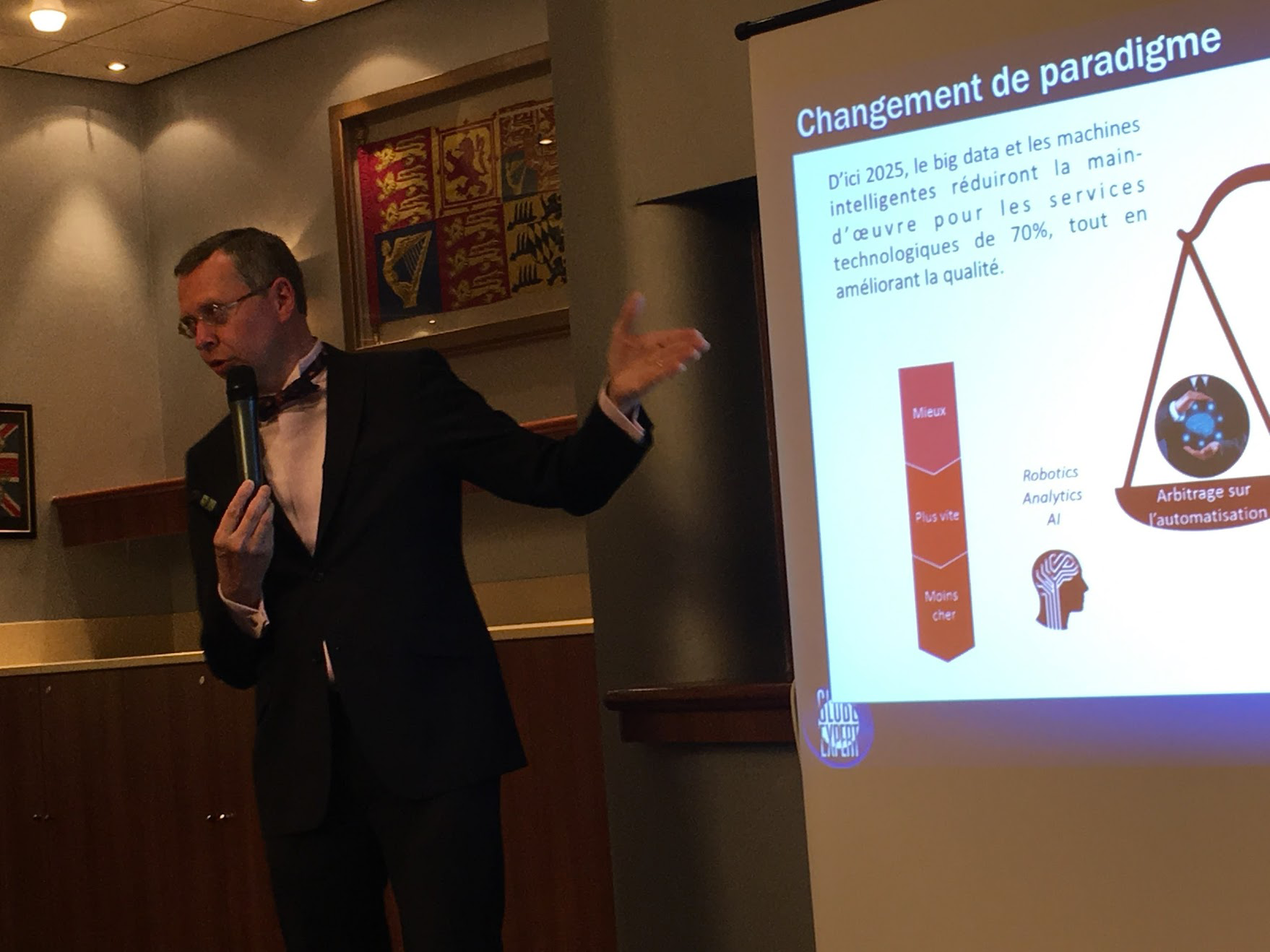
Thierry Lorho, founding member of GMAP and designer of the AI system Mileva during a conference given on board the Queen Mary 2.
June 25 – July 1 2017 – On board the Queen Mary 2 while crossing the Atlantic
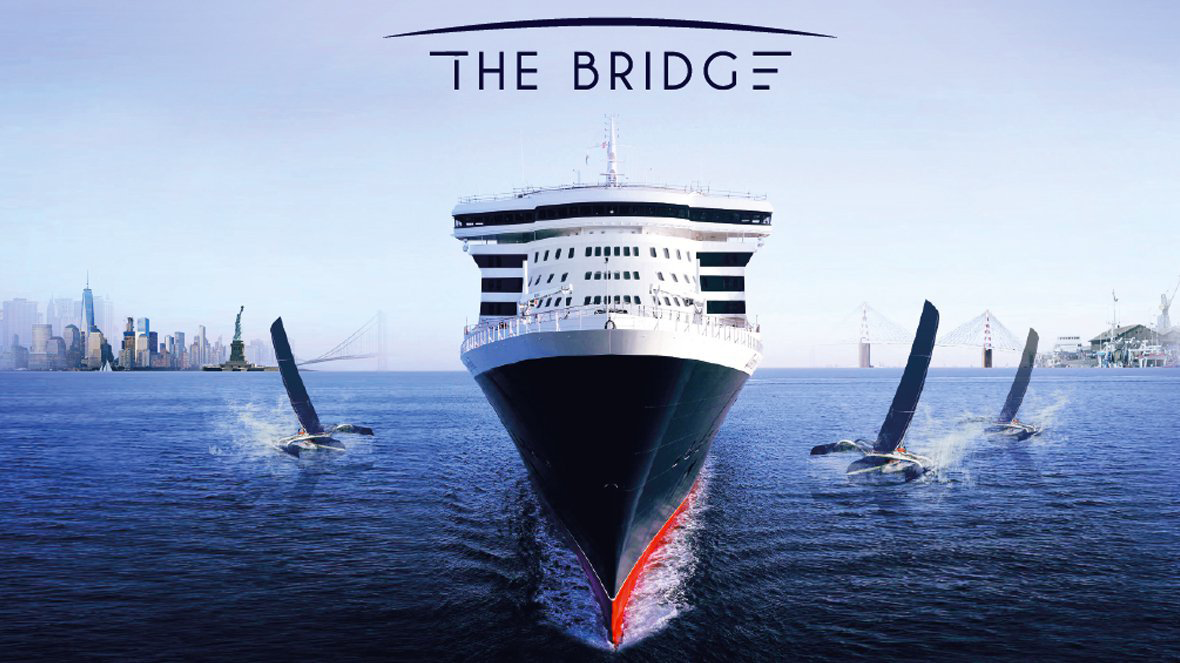
THE BRIDGE 1917 – 2017
As part of the commemoration of the arrival of the American soldiers in 1917, in France, a group of 100 French companies and business executives organised and supported a private cruise between Saint Nazaire and New York. One of the goals of this outstanding crossing was about thinking the future. Valerie Fert, president of GMAP, and Thierry Lorho, founding member, were invited to give lectures and animate workshops on artificial intelligence and its different impacts on technology, economy, companies, labour and society.
2-3 June 2016 – 9:00-17:00 – Geneva – Maison de la Paix
WATER SECUTITY
ENHANCING MULTI-STAKEHOLDER PARTNERSHIPS

In association with GCSP, Green Cross International, Geneva Water Hub, WaterLex – Application deadline, 23 May 2016 – http://www.gcsp.ch/Events/Water-Security
Water is recognised as a strategic resource whose management and governance may generate or aggravate crises and conflicts but also has a potential of unifying people across population groups or borders. The World Economic Forum (WEF), in its 2016 Global Risk Report, identifies water crises as one of the main risks in the short and the long term, and it advocates “policy options where multi-stakeholder action is critical.” In adopting the Sustainable Development Goals (SDGs), the international community has defined objectives that are consistent with this realisation: Goal 6 aims to “ensure availability and sustainable management of water and sanitation for all” while Goal 17 intends to “strengthen the means of implementation and revitalize the global partnership for sustainable development”.
In March 2015, the Mileva Advanced Artificial Intelligence (AI) system defined governance as one of the key issues impacting water security. Regarding possible resilience solutions designed to prevent water crises, it emphasized: information and communications technology (ICT); technology transfers; and public-private partnerships, thus being totally in line with both the WEF findings and the SDG global strategy.
Multi-stakeholder approaches to water security can only benefit from the analysis and policy tool offered by Artificial Intelligence, at the heart of the concept of this innovative and cutting-edge seminar.
April 29, 2015 – Catholic University of Louvain la Neuve
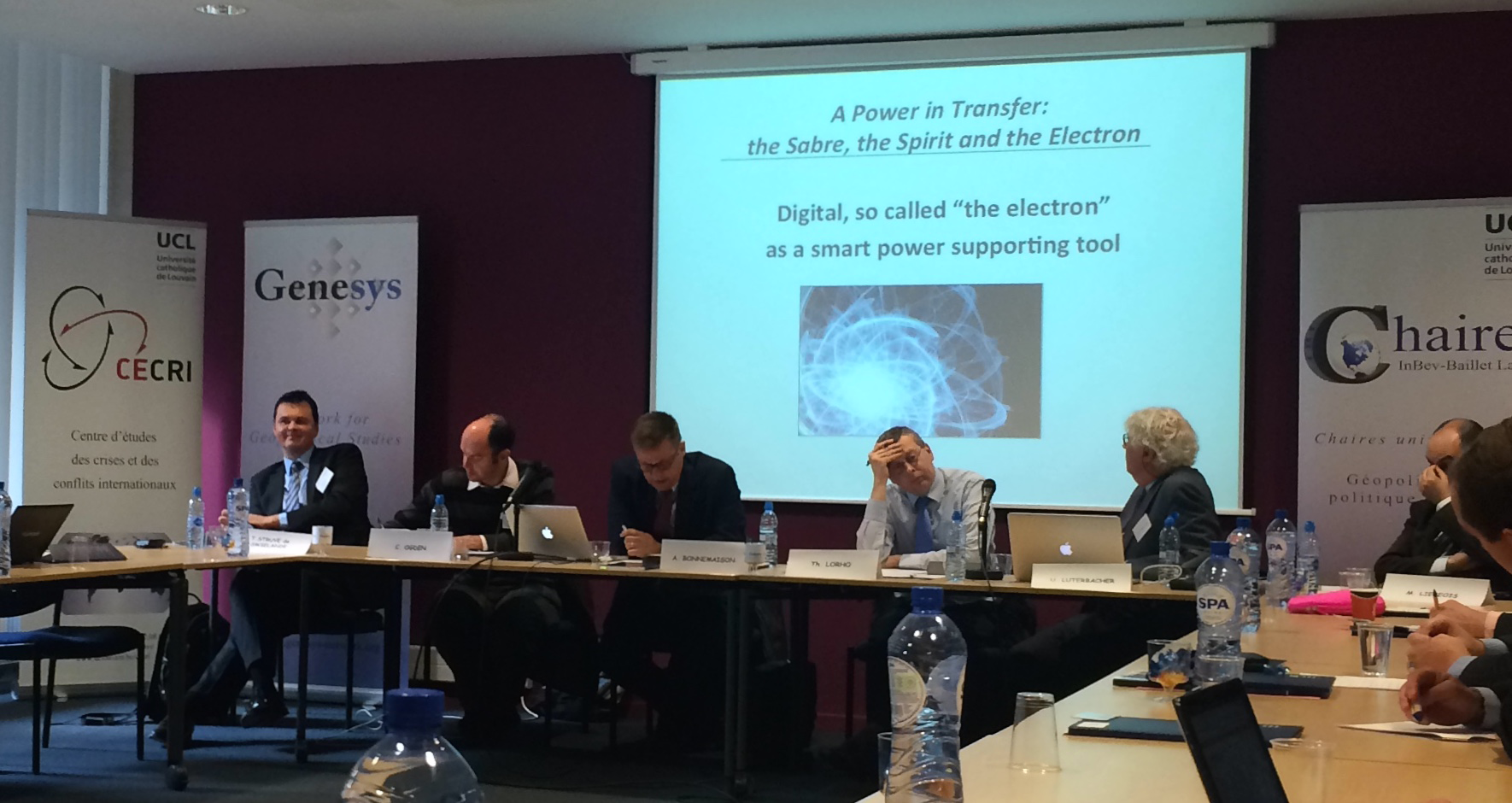
Prof. Struye de Swielande, on the left. Prof. Urs Luterbacher, second from the right (with his back to the photo). Thierry Lorho, third from the right:
POWER: BACK TO THE FUTURE?
http://www.genesys-network.org/wp-content/uploads/2015/05/Program-Symposium-April-29-2015.pdf
Prof. Tanguy Struye de Swielande, founding member of GMAP organised this symposium, which Thierry Lorho and Prof. Urs Luterbacher, also founding members of GMAP, participated in.
The Université catholique de Louvain (UCL) is a leading European university in research and innovation in political sciences, bringing together researchers and practitioners in the field. As part of its research program in International Relations, the department organises annual conferences and symposia. On April 29, 2015, the UCL’s Center for the Study of Crises and International Conflicts and the Chair InBev-Baillet Latour held a symposium on the concept of power, and its various dimensions, in international relations. Thierry Lorho and Prof. Luterbacher’s intervention, titled « Predicting Crises and Monitoring their Evolution », has been published in the « International Journal of Peace Economics and Peace Science », Cambridge Scholar, in July 2016 (http://www.cambridgescholars.com/international-journal-of-peace-economics-and-peace-science-vol-1-no-1)
